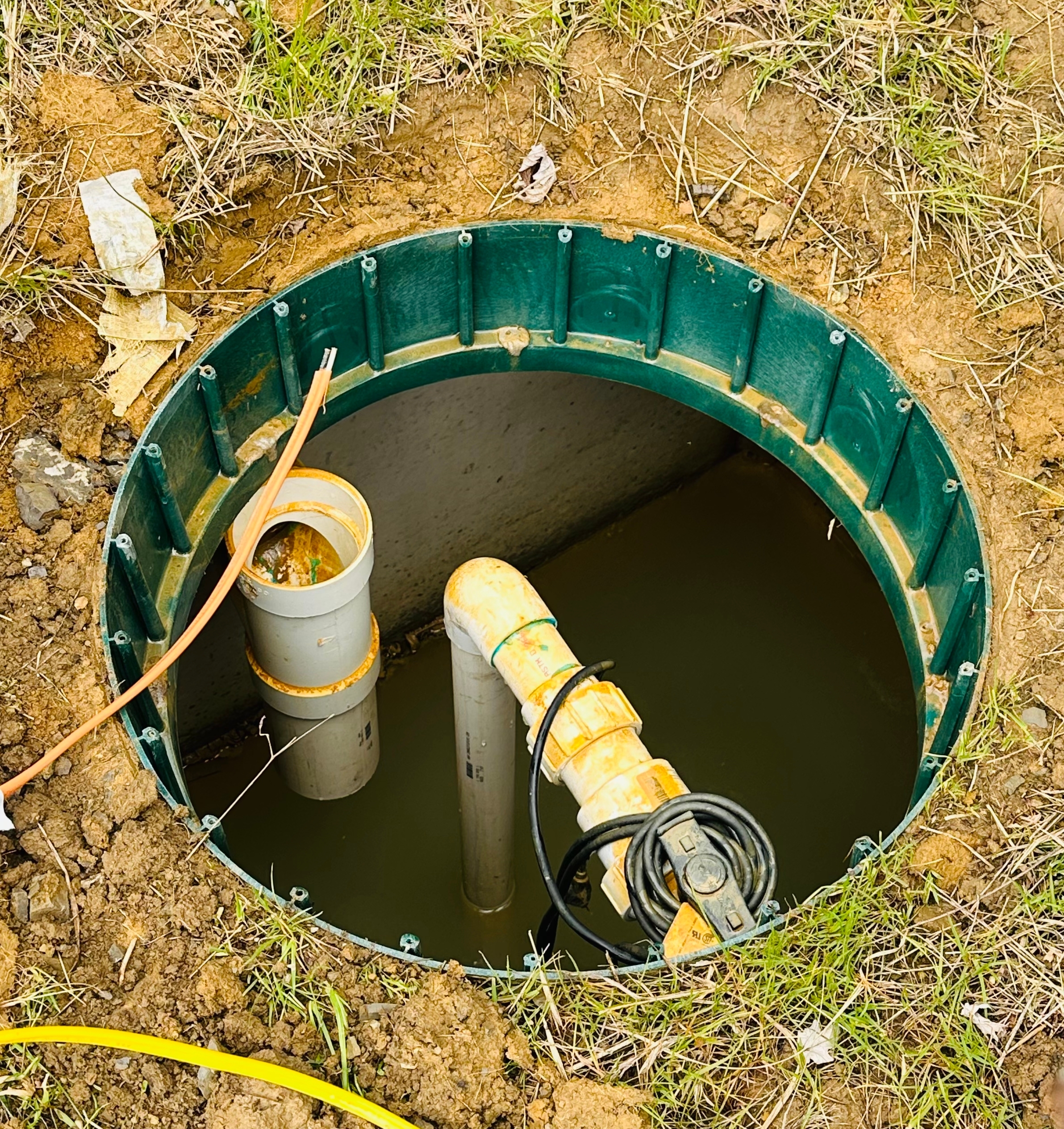Maintaining your septic system is crucial for the health of your home and the environment. An eco-friendly approach to septic system maintenance not only ensures that your system runs efficiently, but it also protects the surrounding ecosystem from harmful contaminants. Proper care can help extend the life of your septic system and reduce the need for costly repairs. Here’s a guide to eco-friendly septic system maintenance, packed with practical tips, tricks, and insights.
1. Regular Inspections and Pumping: The Foundation of Maintenance
Routine inspections and pumping are essential for keeping your septic system in good shape. A typical household septic tank should be inspected at least every three years and pumped every three to five years, depending on the size of the household and the volume of wastewater.
Tip: Work with a professional septic service company to establish a pumping schedule that suits your system’s specific needs. Regular inspections can help identify any minor issues, such as leaks or clogs, before they turn into costly repairs.
Insight: A properly maintained septic system keeps harmful waste out of the soil and groundwater. Neglecting maintenance could lead to system overload, causing sewage to back up into your home or leach into the surrounding environment, posing health risks.
2. Be Mindful of What Goes Down the Drain
One of the most important aspects of eco-friendly septic maintenance is controlling what you flush or pour down your drains. Septic systems rely on bacteria to break down waste, and harsh chemicals or non-biodegradable items can disrupt this process, leading to blockages and system failure.
Tip: Only flush toilet paper and human waste. Avoid flushing items like wipes, paper towels, feminine hygiene products, and other non-degradable materials. Even if a product claims to be “flushable,” it may not break down in a septic system.
Trick: Opt for eco-friendly cleaning products that are biodegradable and free of harsh chemicals. Standard household cleaners, such as bleach or chemical drain openers, can kill the beneficial bacteria in your septic system, reducing its efficiency.
Insight: Be mindful of kitchen waste too. Avoid pouring fats, oils, or grease (FOG) down the drain, as these substances can solidify in your pipes and lead to clogs, causing stress on your septic system.
3. Conserve Water to Reduce Septic System Strain
Excess water can overwhelm your septic system, making it harder for solid waste to break down and causing your tank to fill up more quickly. By conserving water, you reduce the load on your system, making it more efficient and extending its lifespan.
Tip: Fix any leaky faucets or running toilets immediately. Even small leaks can add up over time, leading to unnecessary strain on your septic system. Install low-flow fixtures, such as faucets, showerheads, and toilets, to reduce water usage.
Trick: Spread out your laundry loads over several days instead of doing multiple loads in one day. This allows your septic system to process wastewater gradually, preventing overloading and promoting healthier breakdown of waste.
Insight: Reducing your water consumption not only benefits your septic system but also helps conserve a valuable natural resource. It’s an easy way to make your home more eco-friendly while saving on utility bills.
4. Protect Your Drain Field: The Key to Long-Term Efficiency
The drain field (also known as the leach field) is where wastewater is treated and dispersed into the soil. Protecting this area is critical to maintaining an eco-friendly septic system, as it plays a major role in filtering contaminants before they reach the groundwater.
Tip: Avoid parking vehicles or placing heavy structures (like sheds or patios) over the drain field. The weight can compact the soil and damage the underground pipes, reducing their ability to treat wastewater effectively.
Trick: Plant grass or shallow-rooted plants over the drain field to promote soil stability and help with water absorption. Avoid planting trees or shrubs with deep roots, as they can invade and damage your septic system pipes.
Insight: A healthy drain field ensures that your wastewater is filtered naturally, preventing contaminants from reaching the groundwater and local water sources. Keeping this area clear and functional is essential for environmental protection.
5. Use Natural Septic System Additives Sparingly
While some homeowners use septic system additives to promote bacterial growth, many experts suggest that a well-maintained system doesn’t need them. In fact, some chemical additives can harm your septic system and the environment by killing beneficial bacteria or causing solids to float into the drain field.
Tip: If you decide to use additives, choose natural, bacteria-based products that support the breakdown of waste without damaging your system. Avoid chemical-based additives that claim to “clean” or “boost” your septic system, as these can often do more harm than good.
Insight: The best way to maintain a healthy balance of bacteria in your septic system is to manage what goes into it and have regular professional maintenance. Let the natural processes do their work without interference from unnecessary chemicals.
